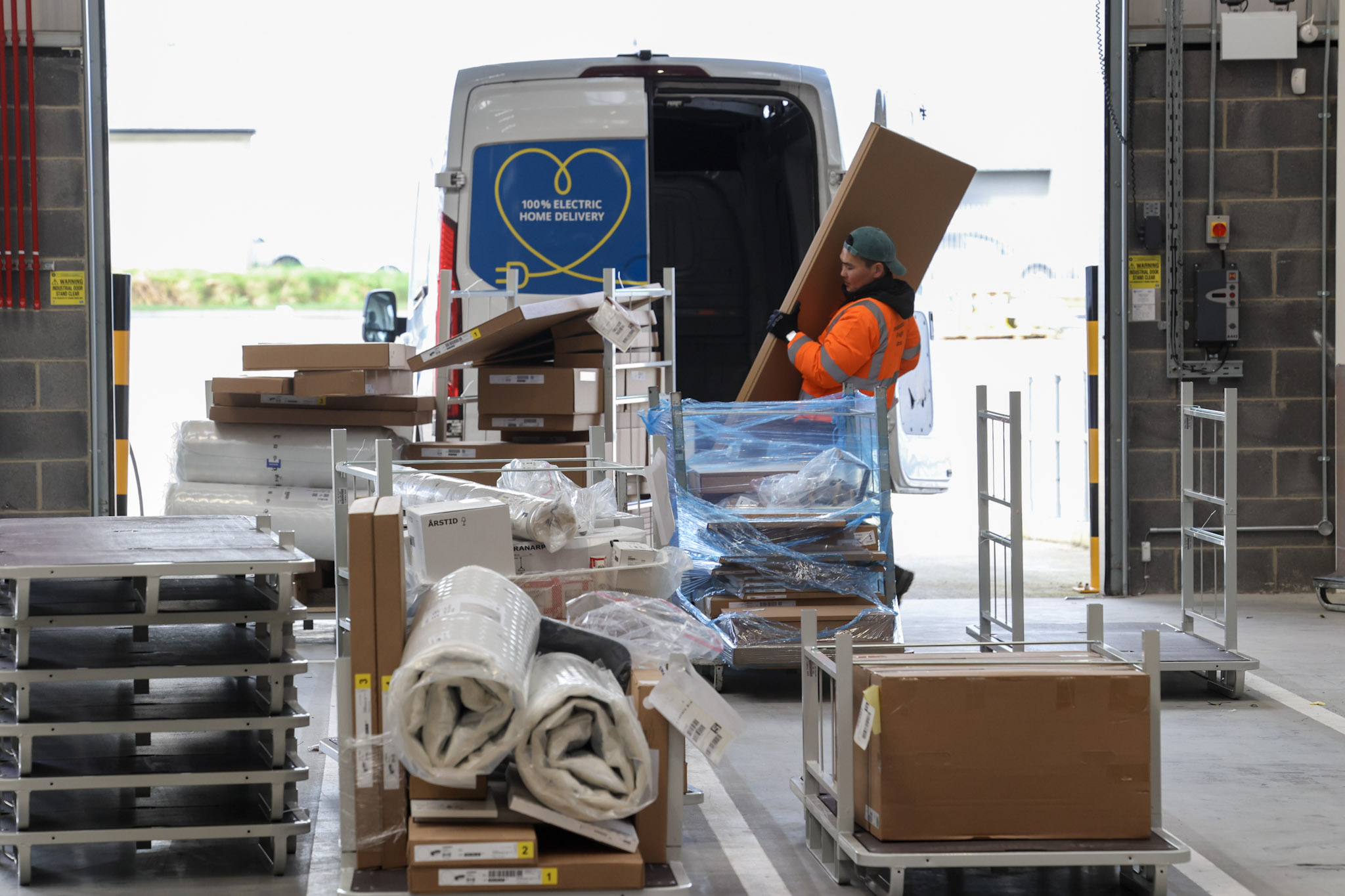Retail and logistics representatives have criticised this week’s White Paper on immigration, saying it falls short of what is needed.
The paper, The UK’s future skills-based immigration, published by the Government on Wednesday, aims to set out the UK’s approach to immigration after Brexit. The proposed new system, which would be introduced in phases from 2021, envisages scrapping the current cap on the number of skilled workers that can be admitted from the EU or elsewhere, while there will be a consultation on a minimum salary requirement for skilled staff applying for five-year visas. Low-skilled workers would be able to apply for work visas for up to a. year, while visitors from the EU would not need visas.
Both the British Retail Consortium (BRC) and the Freight Transport Association (FTA) have said the approach falls short of what is needed.
Sally Gilson, head of skills campaigns at the FTA, said the white paper ignored the very real needs and concerns of the logistics industry, where shortages of HGV drivers are currently running around 52,000 short.
“The loss of almost a quarter of a million European workers, currently employed in these logistics roles in the UK are no longer deemed ‘skilled’ by the government could be catastrophic. Especially for a sector which relies on these people and their particular knowledge and abilities to keep shelves stocked, factories supplied and businesses able to access the materials they need.”
The FTA wants to see the government redirect unused apprenticeship levy funding into meaningful training for those wishing to enter the sector but ineligible for traditional apprenticeship funding. “Without this reallocation of funds, there will be insufficient staff to replace the European workers on which logistics depends,” it said.
Helen Dickinson, chief executive of the BRC, said: “The Government’s proposals on immigration would see retailers face rising hiring costs for new workers, putting pressure on the price of goods and services for consumers. Setting the main cut-off for hiring workers from outside the UK at £30,000 would leave retailers and their supply chains recruiting from a very small pool of domestic labour, the vast majority of whom are already in work. This threshold must be reduced. Further proposals for a temporary 12-month visa for those earning under £30,000 would embed unnecessary cost and churn into the recruitment process and undermine the work currently being done by retailers to attract and retain colleagues.
“The UK has a unique opportunity to design an immigration system that has the support of the public and meets the need of businesses. Removing the net migration target and Tier 2 cap is a positive step, but limiting access to lower skilled labour to 12 month periods is not realistic for the industry.
“It is critical the government take this opportunity to listen to retail businesses and understand how the industry is evolving and what that means for the workforce. Retail’s ongoing transformation will see fewer jobs overall, but more higher skilled roles in the future. Despite this, we will continue to rely on a proportion of lower skilled workers to meet consumer demand. Therefore an accessible lower skilled route is critical to the future success of the industry and the people it serves.”
Image: Fotolia









